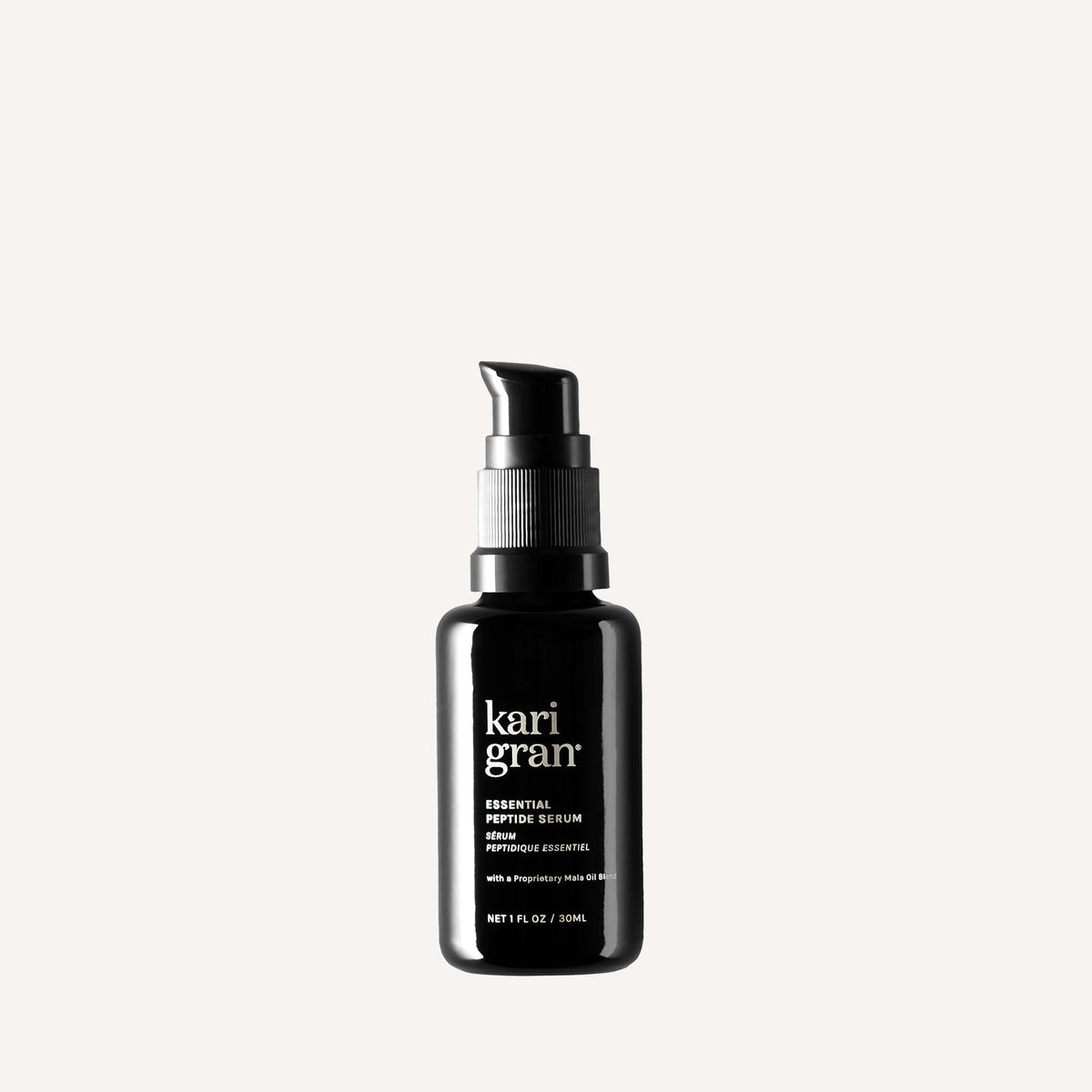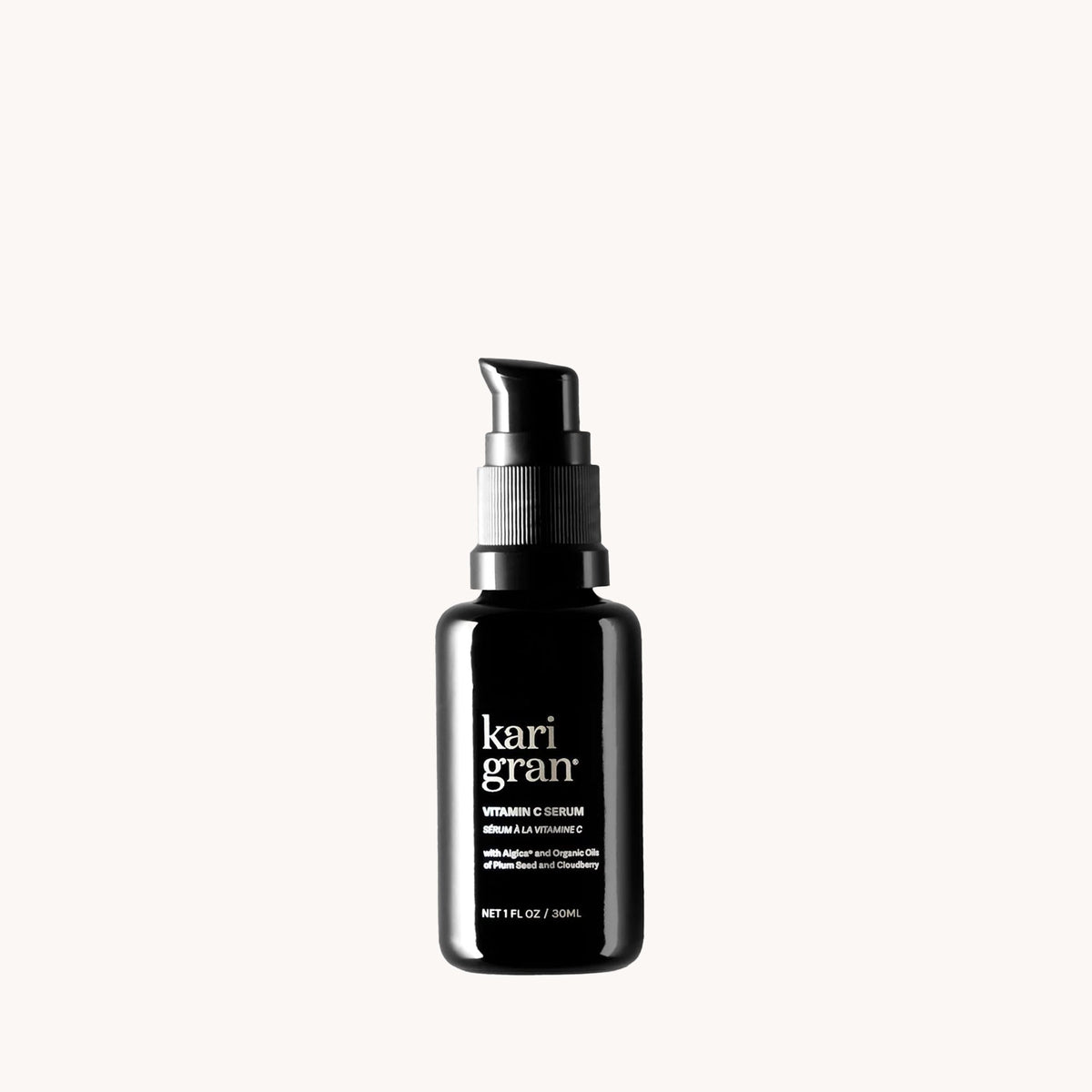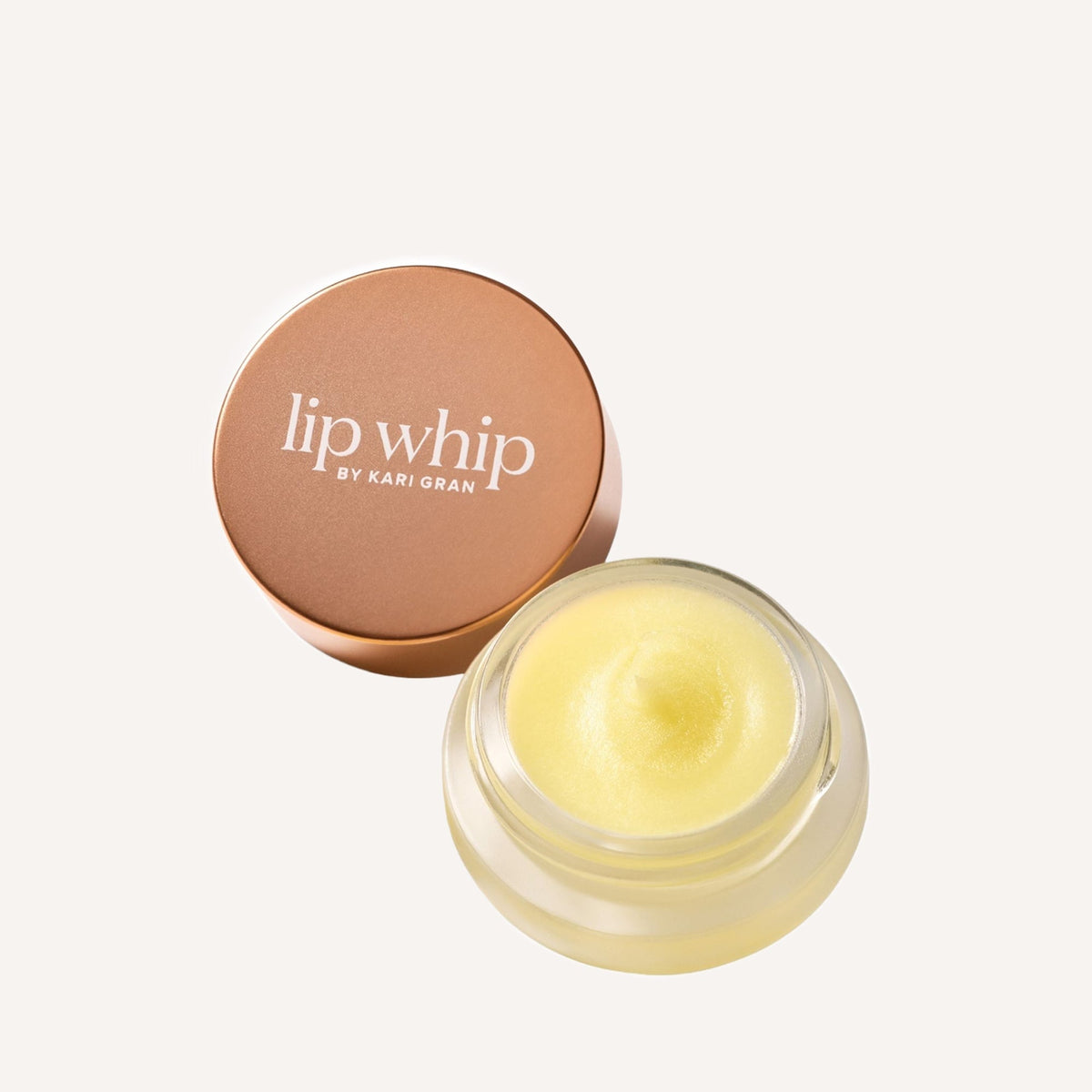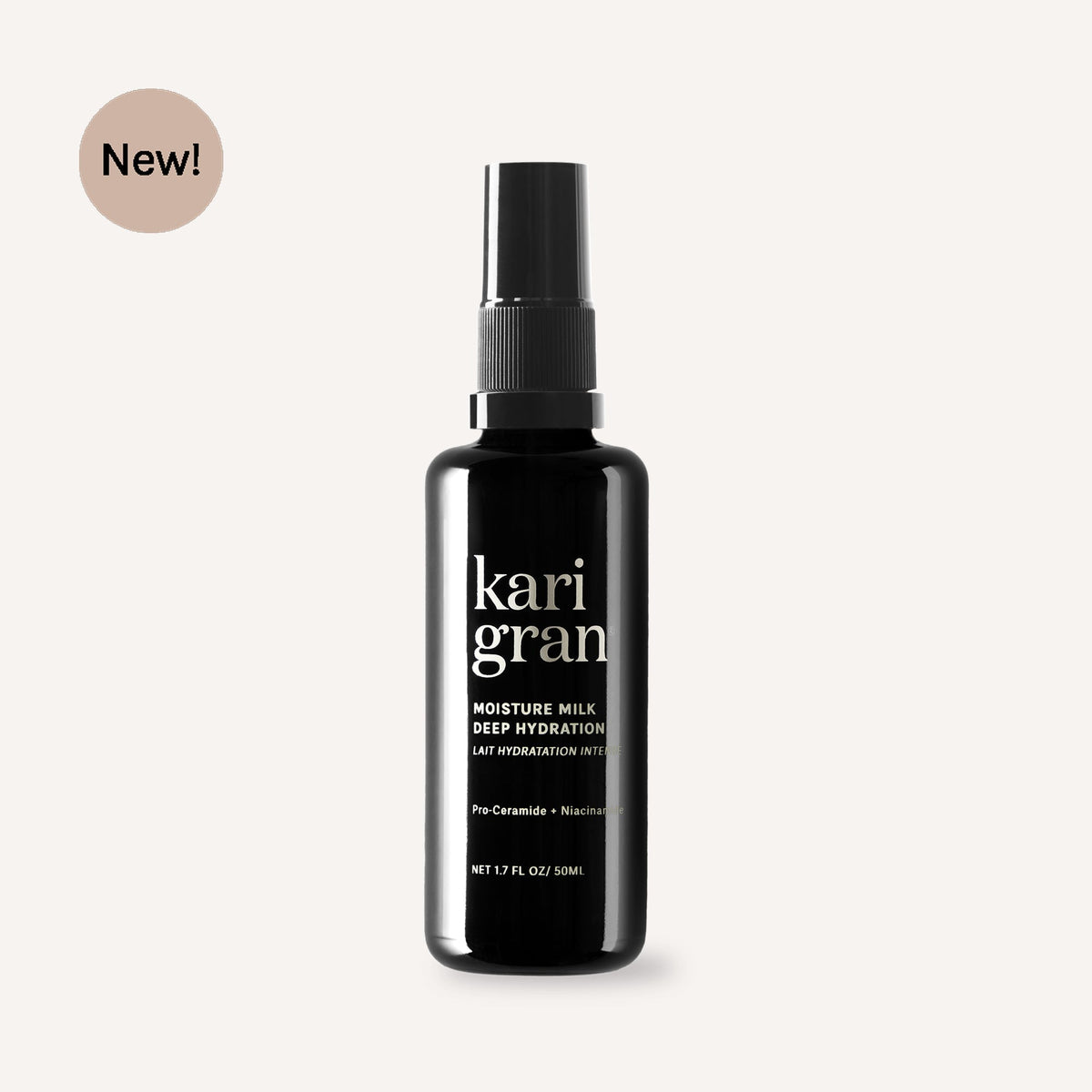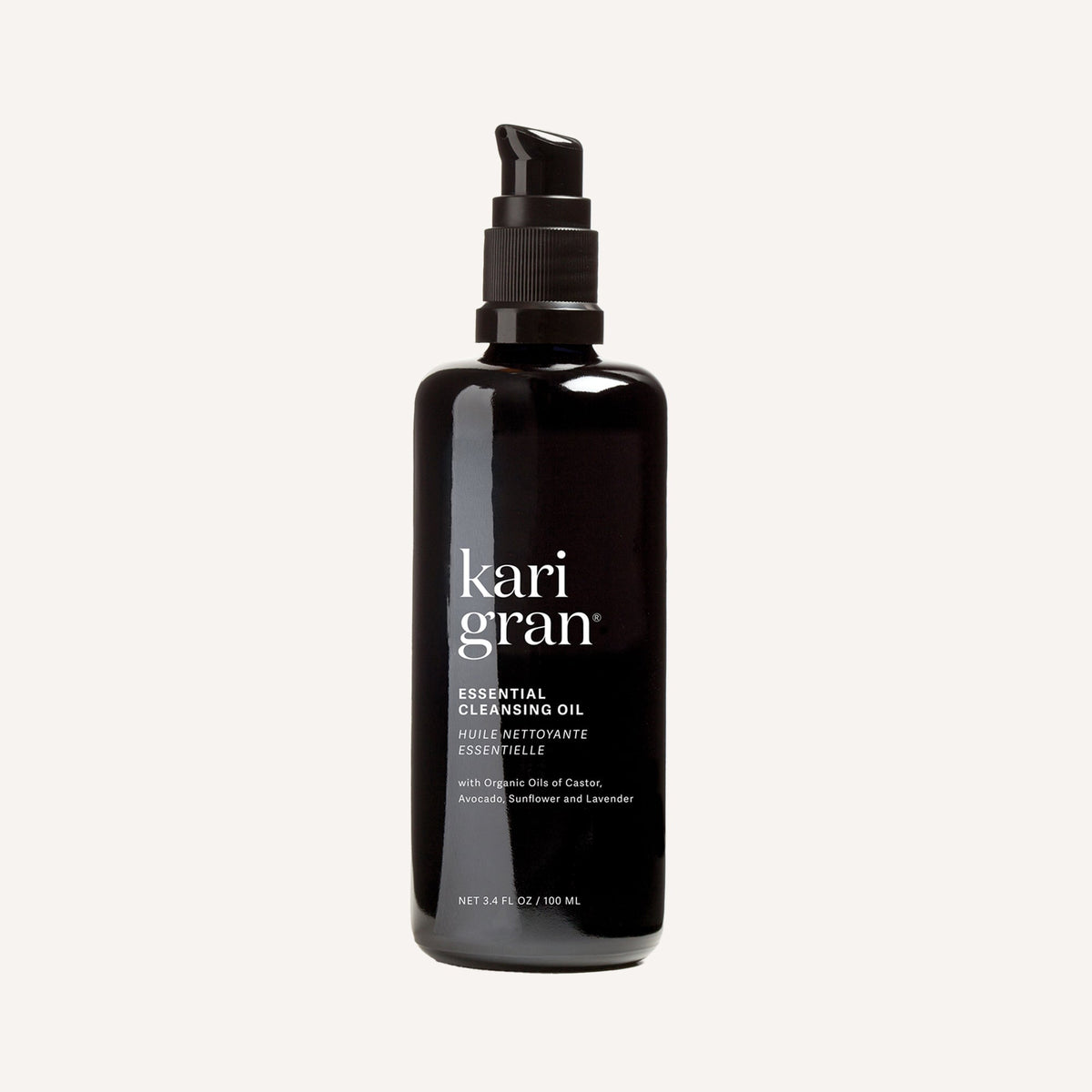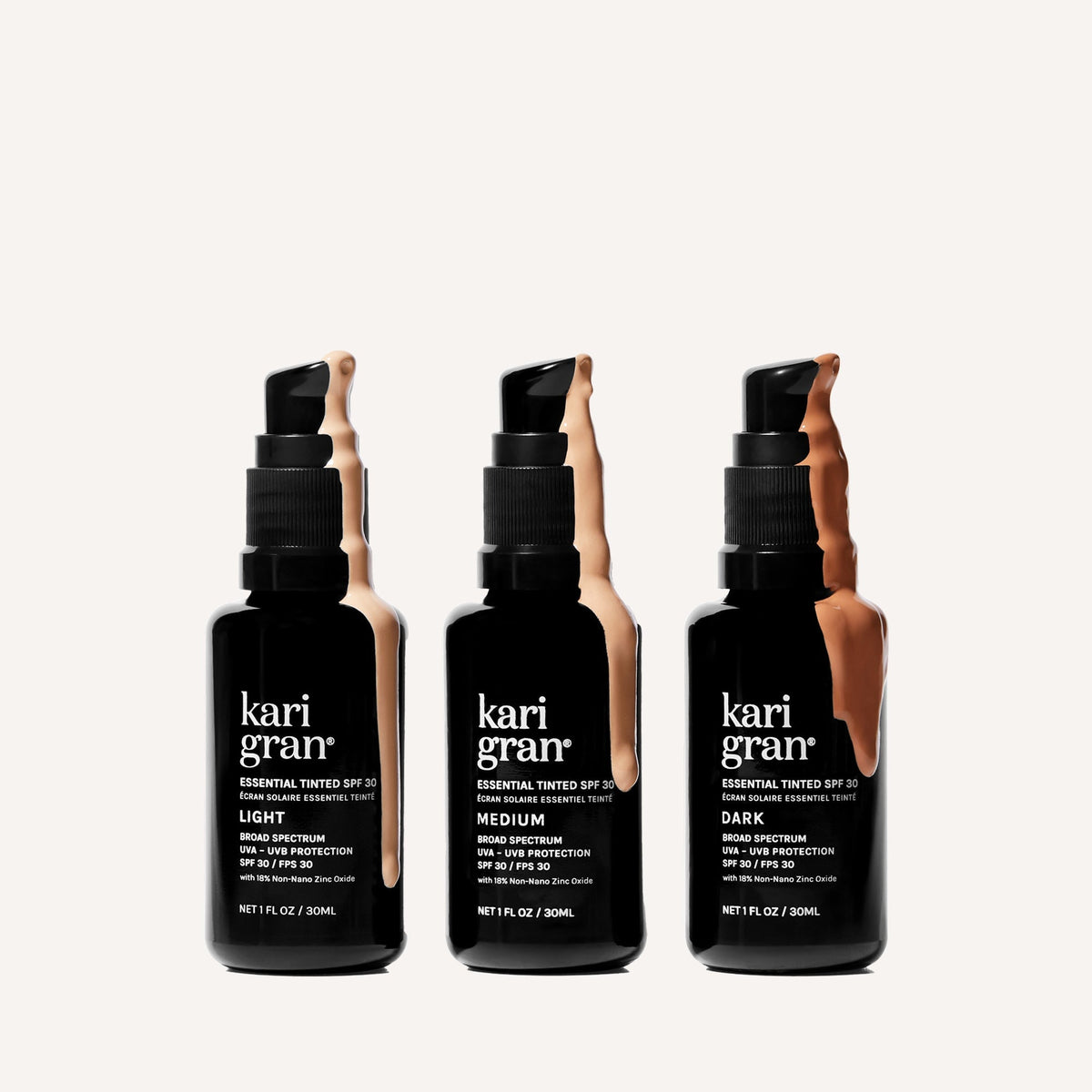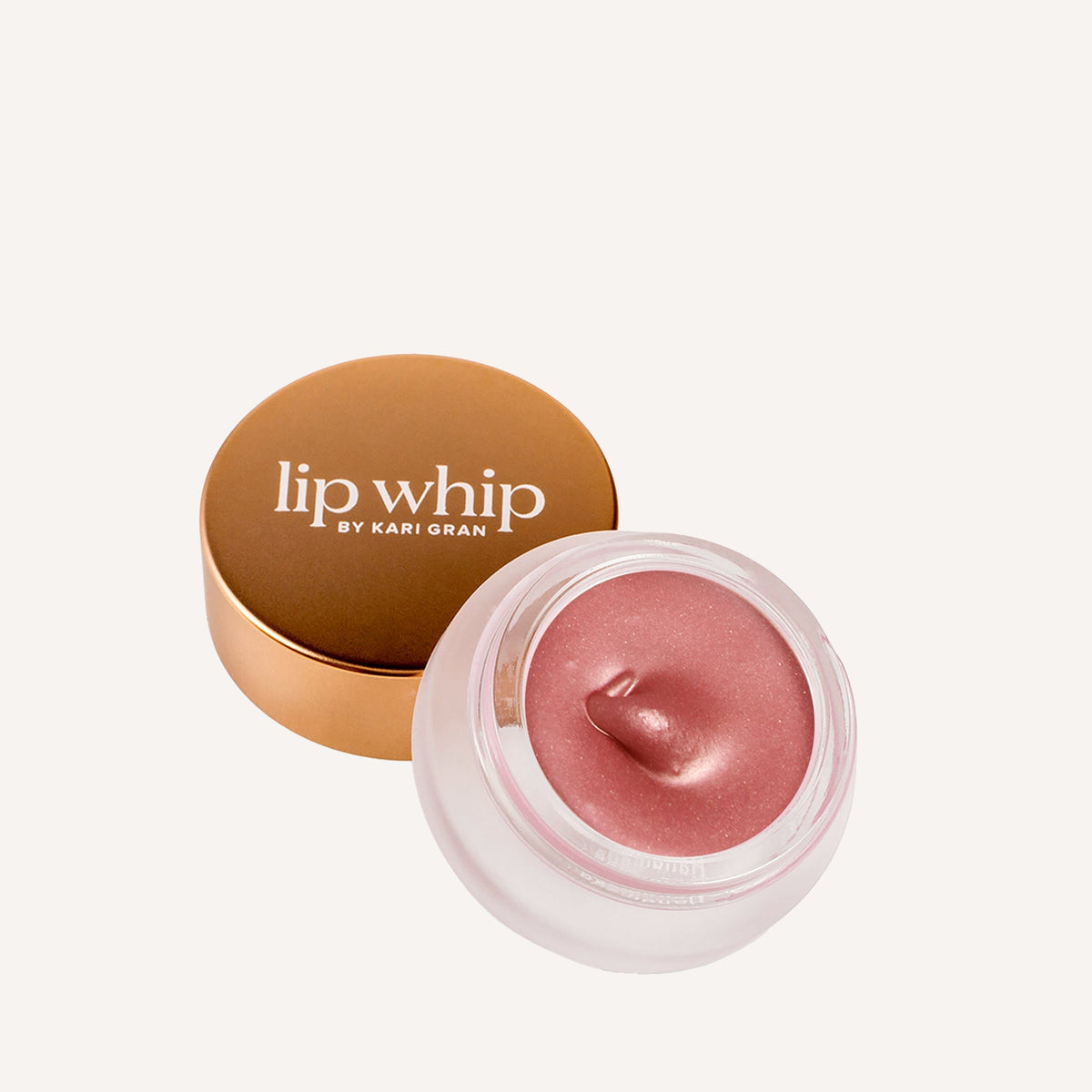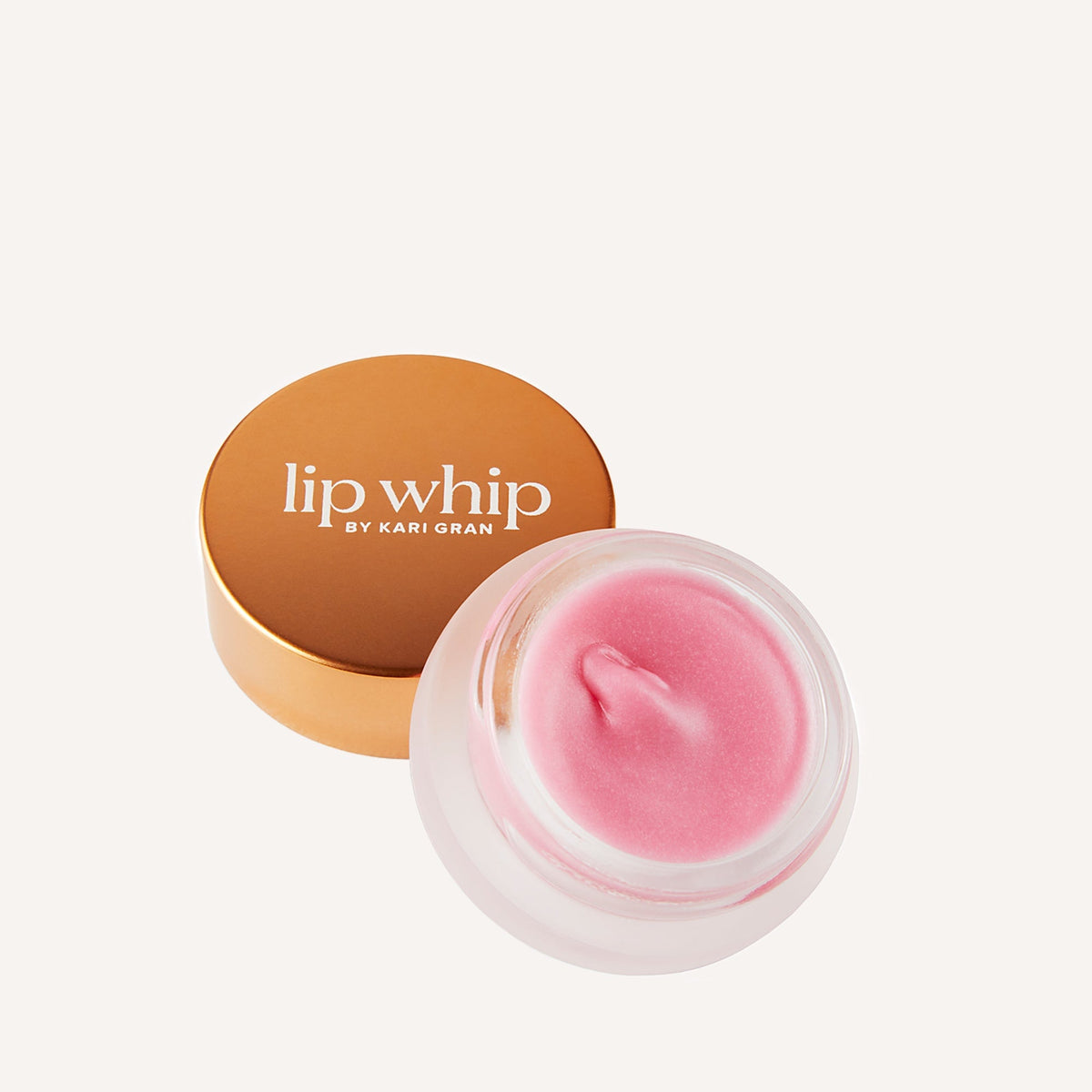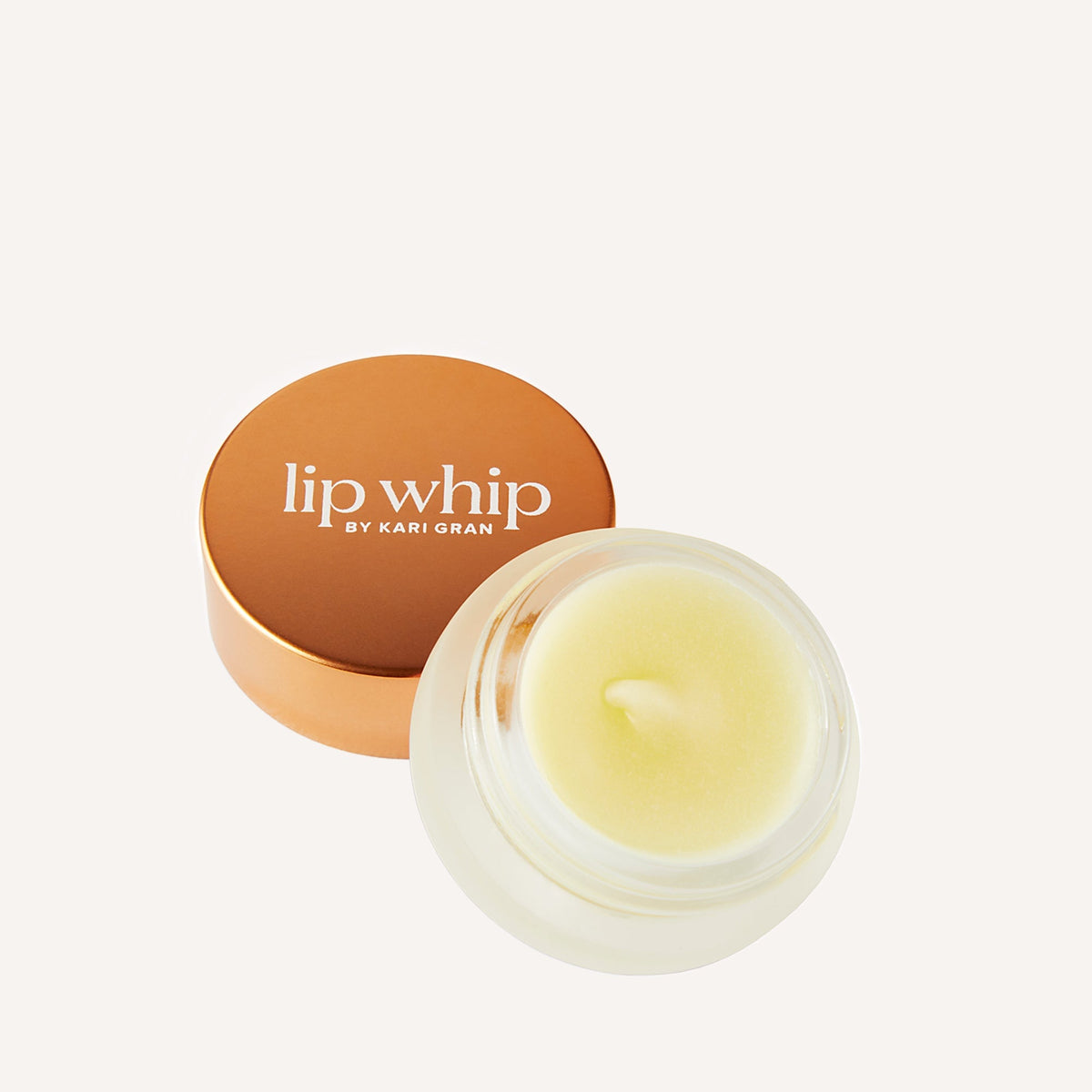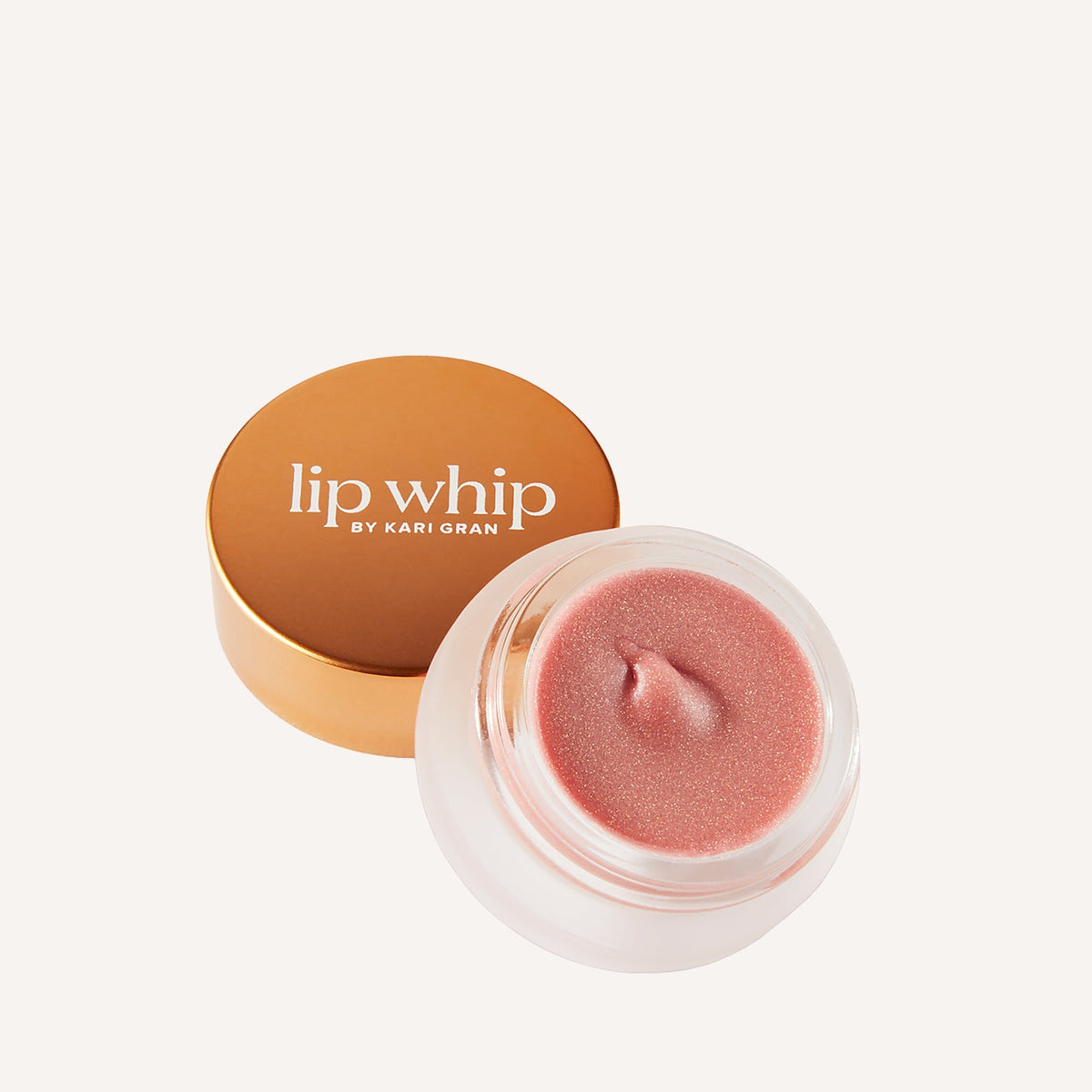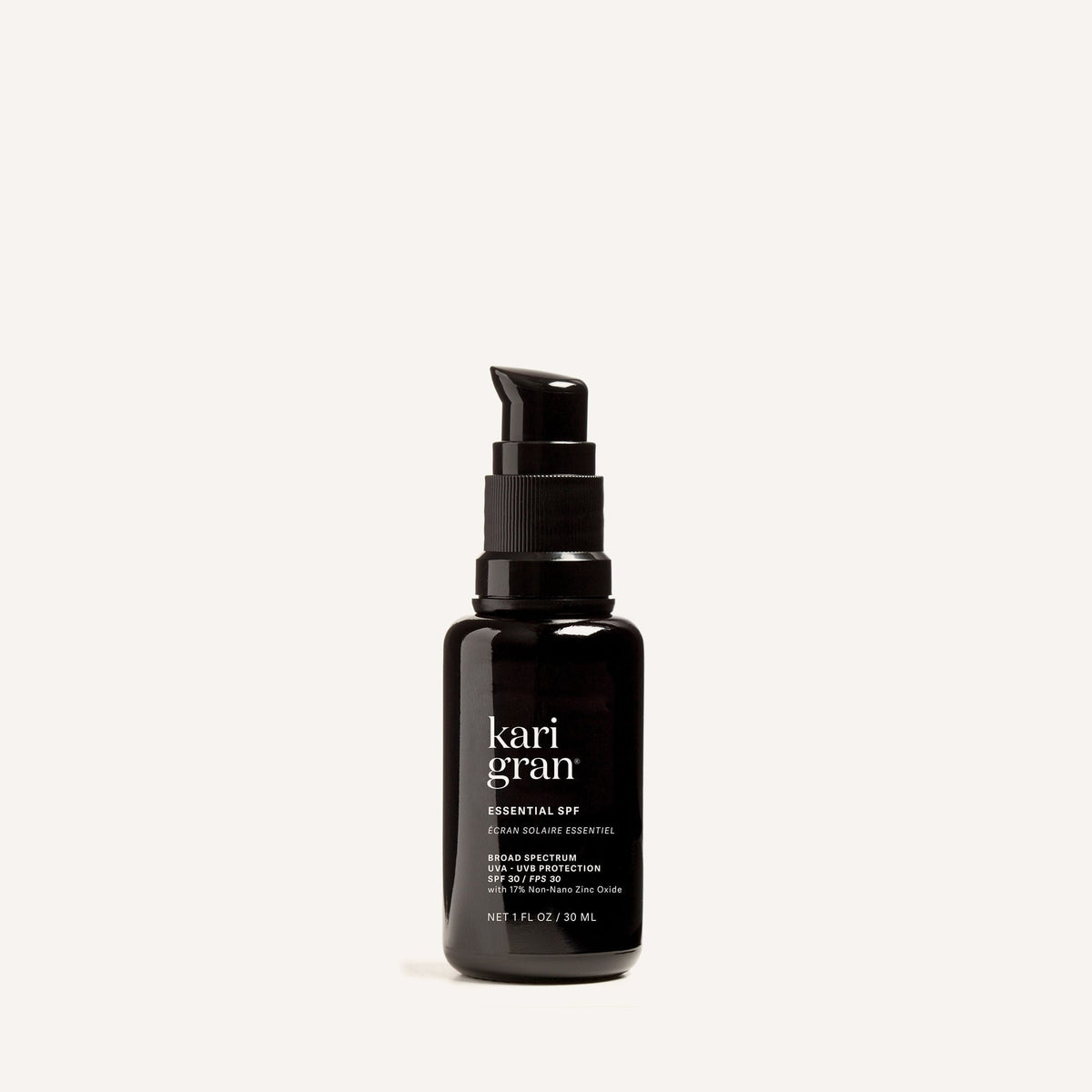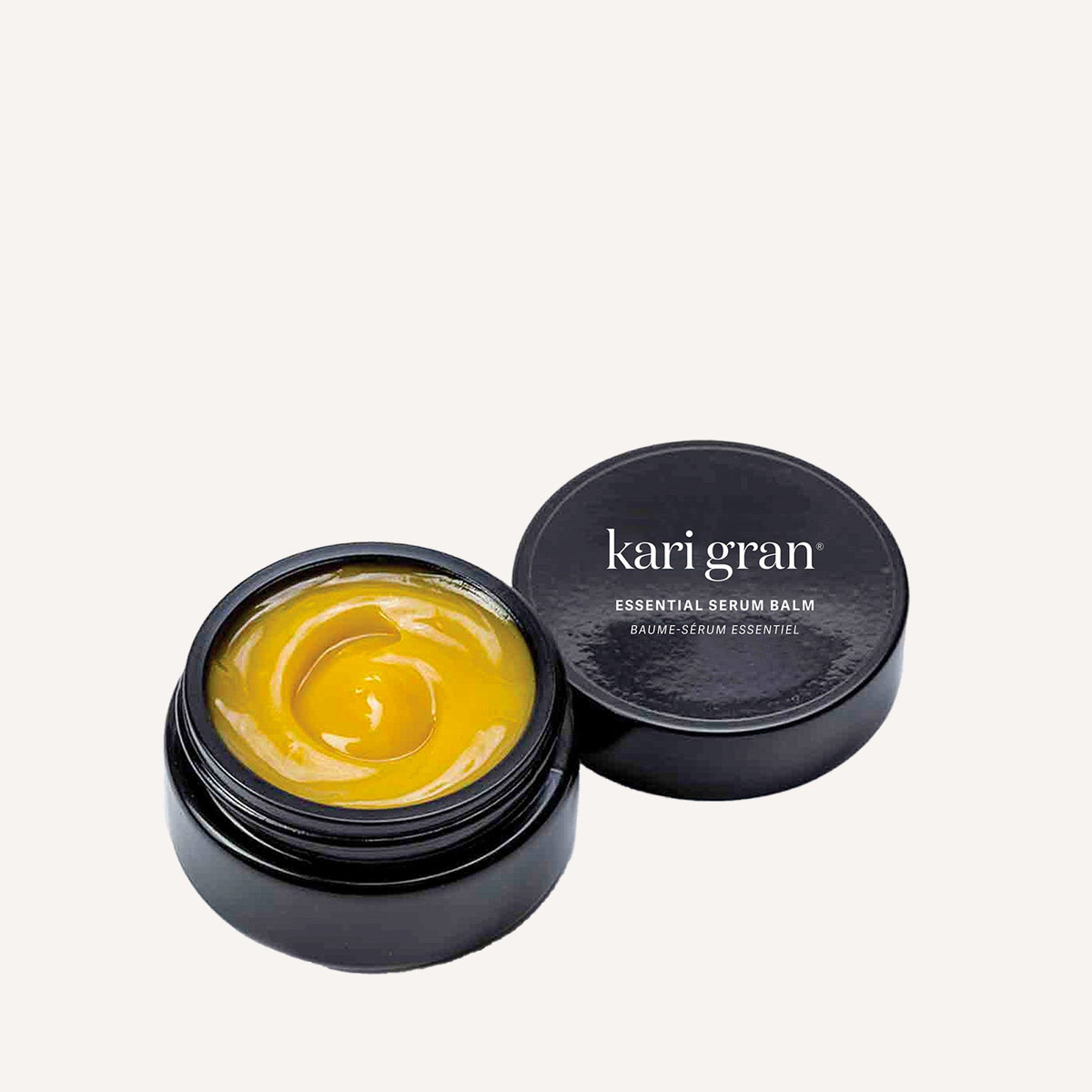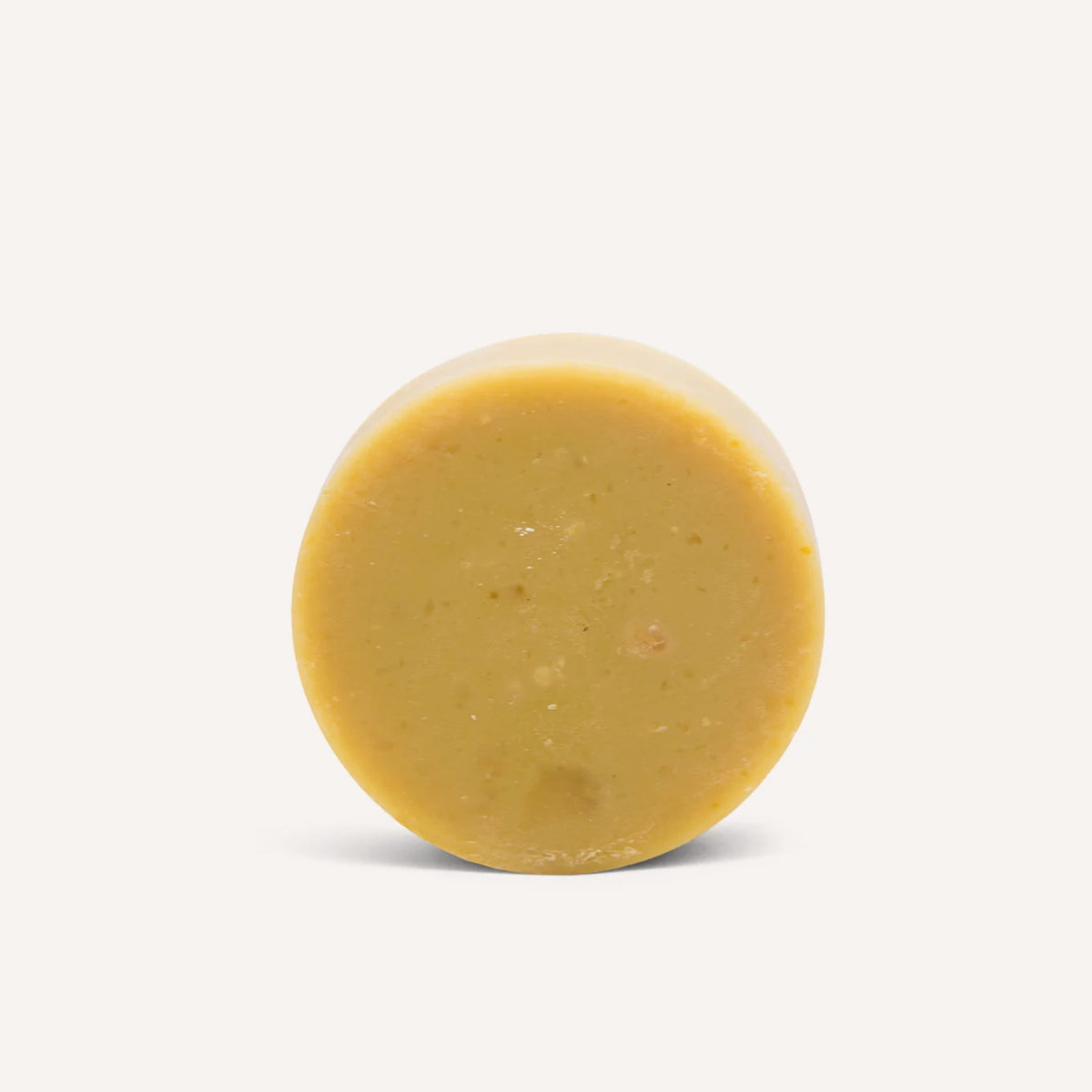Hormonal Skin
What is it and how does it change?
Hormonal changes brought on by autoimmune issues or peri and menopause can result in severely dry, thinning skin that loses its ability to retain moisture and produce adequate collagen. The skin becomes more fragile, heals slowly, and develops a dull, rough texture. These hormonal disruptions mean the skin requires intensive hydration with barrier support, promoting healthy cell turnover and collagen synthesis. The compromised skin barrier also demands fragrance-free, hypoallergenic products and increased protection from environmental stressors, as sensitivity and reactivity are significantly heightened during these hormonal transitions.
-

The Top Skin Concerns Due To Hormonal Changes
Progressive Dryness and DehydrationEvolving from occasional dry patches to persistent roughness and flaking to downright skin that is tight and uncomfortable.
Accelerated Wrinkles and Sagging
Particularly noticeable around the jawline, neck, and cheeks as structural proteins decline.
Thinning and Increased Fragility
Skin becomes more delicate and prone to tears, bruising, and delayed healing.
Heightened Sensitivity
Sudden warmth and redness affecting the face, neck, and chest, which can exacerbate rosacea and sensitivity.
Hyperpigmentation
Age spots and uneven tone become more pronounced due to hormonal influence on melanin production.
Chronic Itching
This condition is especially common due to compromised barrier function.


